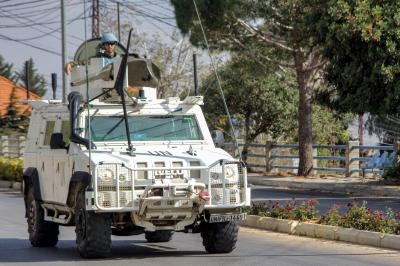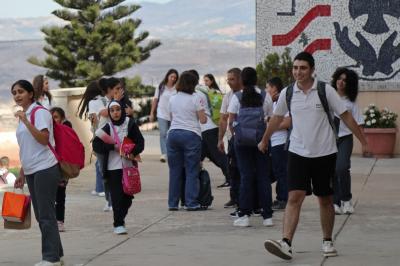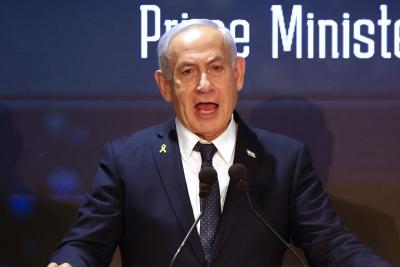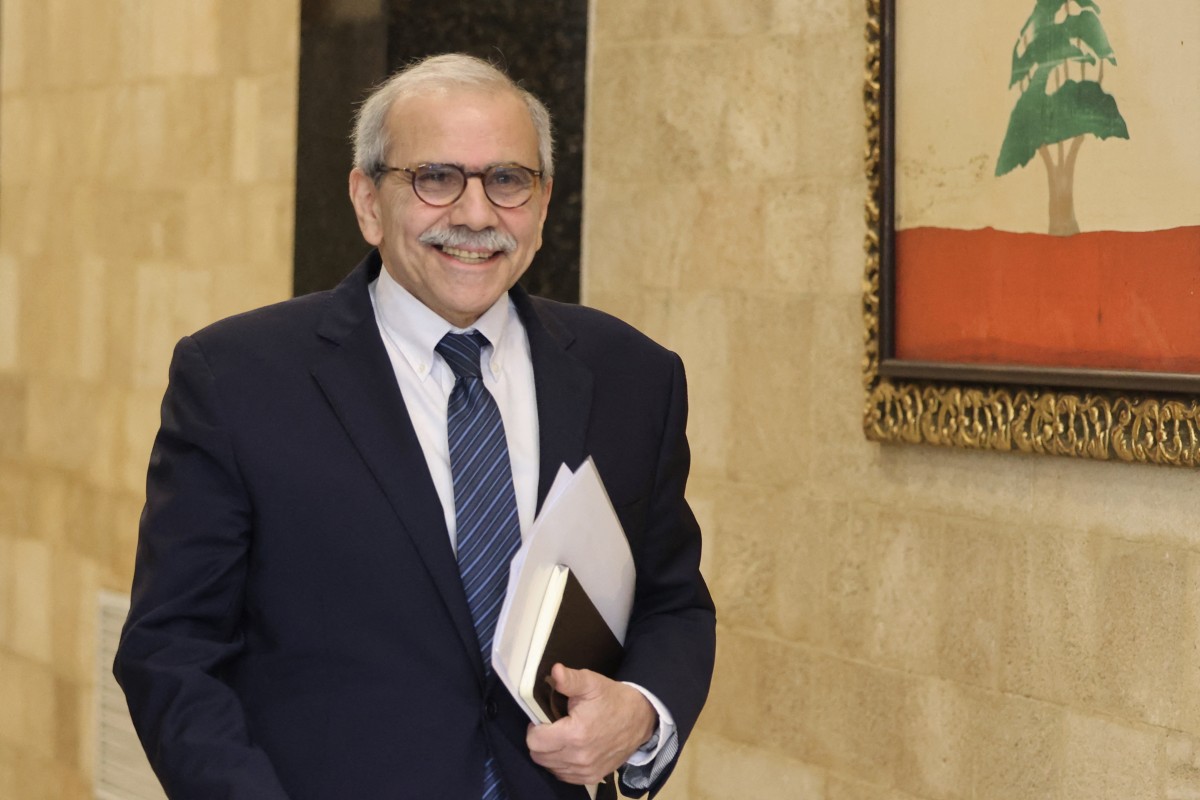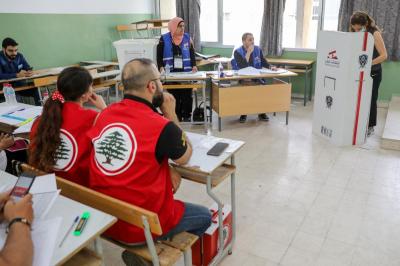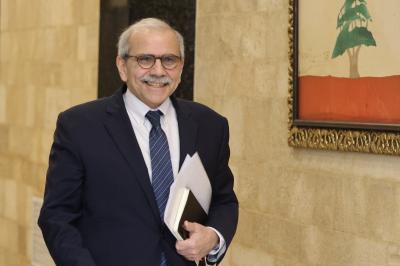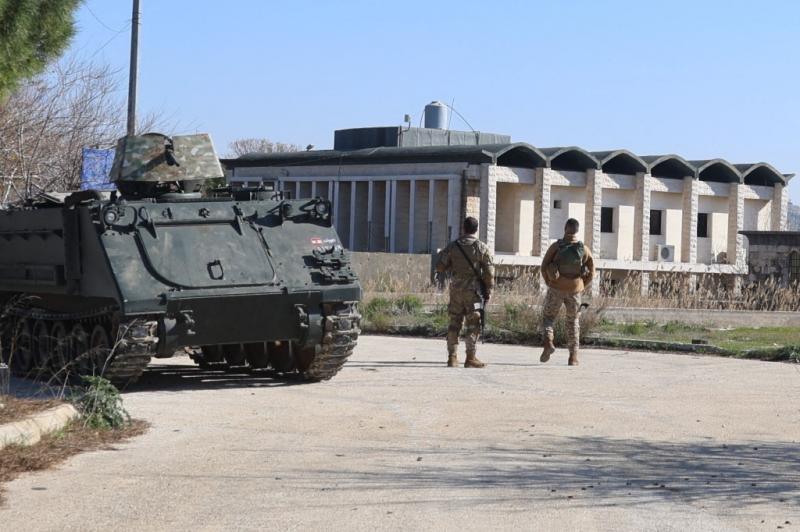The government of Prime Minister Nawaf Salam has been formed, but it has yet to secure parliamentary confidence. However, its composition, the statements made by some of its ministers, and the events unfolding before its eyes—without eliciting any reaction—raise serious concerns. Moreover, Israel’s repeated violations of the ceasefire agreement serve as a stark reminder to this first government of the new mandate that one misstep could prove disastrous.
The saying goes, “Don’t judge a book by its cover.” But what if the book in question has multiple covers and multiple narratives?
Take, for instance, Minister of Social Affairs Hanine Sayyed, who recently spoke of the voluntary return of Syrian refugees—an assertion backed by Deputy Prime Minister Tarek Mitri. While Sayyed’s background as a specialist in human development and social protection at the World Bank’s Beirut office lends some credibility to her statement, it is surprising that she would take such a firm stance before even officially assuming her ministerial duties. Is this merely a personal opinion? Or has she prematurely revealed an official government position? And what does Mitri’s support indicate? As deputy PM and a close ally of the prime minister, does his stance signal a broader governmental orientation?
President Joseph Aoun had indeed pledged, both in his inaugural speech and during meetings with visitors, to address the refugee crisis. However, the real test will come with the upcoming ministerial statement, which must tackle Lebanon’s deepening financial and economic crisis, soaring unemployment, social security challenges, and border issues—all of which are inextricably linked to the refugee presence.
It is worth recalling that, during the October 17 protests, some demonstrators boldly chanted: “Refugees In, Bassil out!” (a reference to Gebran Bassil, leader of the Free Patriotic Movement). Let’s hope this is not an indicator of official policy. And given the United States' ever-increasing “benevolence” and its strategic designs for the Middle East, could these statements be a prelude to the naturalization of Palestinian refugees and the forced integration of displaced Syrians? Again, let’s hope not.
Meanwhile, Israel remains adamant about not withdrawing from southern Lebanon on the scheduled date of February 18, insisting on maintaining control over five strategic positions. This stance was formally communicated to Lebanon via the U.S. administration.
In response, President Aoun initiated diplomatic contacts, with some sources suggesting he exerted pressure. Prime Minister Salam also intervened. Ultimately, the official position was articulated by Parliament Speaker Nabih Berri, who, speaking on behalf of the three top leaders, rejected any extension beyond February 18, describing Israel’s continued presence as “the first setback for the government.” Yet, he added a warning: “If the Israelis remain, time will tell. This is Lebanon’s responsibility.”
What do these statements truly mean? Will Israel yield to demands? Will the U.S. pressure Tel Aviv in Lebanon’s favor? Or is Washington instead backing Israel’s continued presence in the south as a bargaining chip to enforce Resolution 1701, disarm Hezbollah, and suffocate it politically and economically—beyond just military measures?
Adding to the confusion, another alarming statement nearly went unnoticed. A television guest brazenly declared that the “Golani Army” was heading to Lebanon—specifically to Roumieh Prison—to liberate Ahmad al-Assir, the extremist cleric convicted for the murder of Lebanese soldiers.
If this individual seeks to make headlines with such theatrics, how can the government remain silent? His remarks fall under penal code provisions that criminalize actions “undermining national unity.” And what could be a greater affront to Lebanon’s sovereignty than tolerating foreign armed forces entering its territory to free a convicted criminal?
Finally, another development points to attempts at tightening the noose around Hezbollah—this time via aviation restrictions. Shortly after Israeli army spokesperson Avichay Adraee accused Iran’s Quds Force of exploiting Beirut Airport to funnel funds to Hezbollah, Beirut airport authorities denied an Iranian civilian aircraft permission to land, reportedly for security reasons.
If this account holds, are we now expected to consider Adraee a credible source of intelligence? Does Lebanon not have its own security apparatus capable of monitoring and regulating airport activity? Shouldn’t Lebanon retain full control over its internal affairs without external interference?
These are just a few troubling indicators, and the government's response—or lack thereof—does not inspire confidence. What if worse is yet to come? If the international community’s agenda, which former President Michel Aoun so vehemently resisted at the UN—rejecting refugee integration and Palestinian naturalization at great personal cost—were to prevail?
The Salam government faces a series of daunting challenges. The first is not just securing parliamentary confidence but also earning the trust of the people. Yet, by tomorrow, Speaker Nabih Berri will bang his gavel and declare: Confidence granted. Approved!.
 French
French

